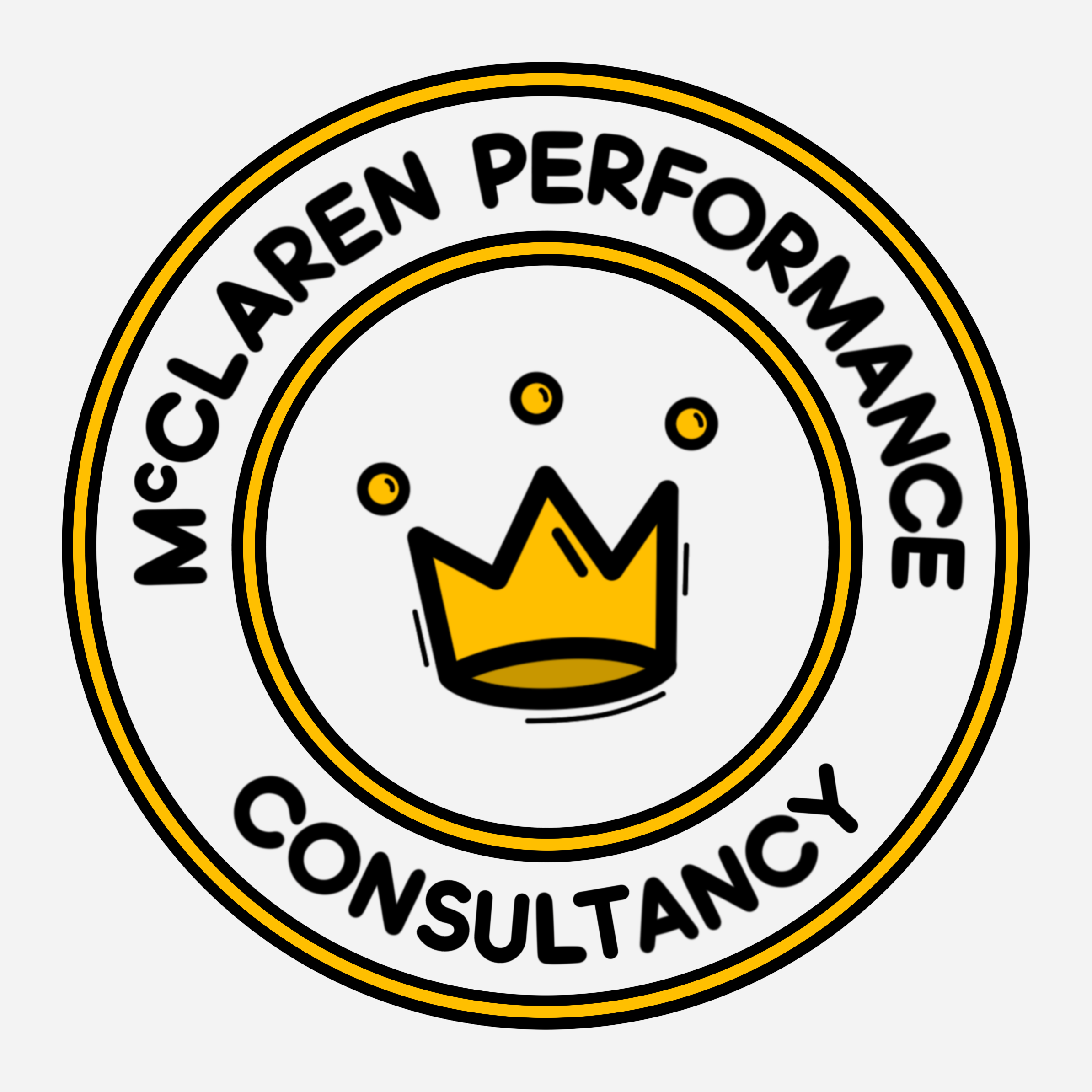McClaren Performance Consultancy aims to help athletes in any sport, at any level, to improve their performances through sport psychology.
That involves regular one on one conversation, either by video call or in person, allowing the athlete to properly reflect and learn about the relationship between their mind and their results.
To find out more and to book in for a consultancy, keep scrolling.
My Philosophy
I have a really simple philosophy and I’ve found a lot of success in implementing it over the past few years. Essentially, I believe an athlete’s results are based on an interaction of a few factors.
The second factor after culture is then the individual mentality of the player. Most simply, when performing, mentality can be seen in two parts, system 1 and system 2. System 2 is the slow, logical thinking where as system 1 is the quick, instinctive thinking. System 1 is otherwise known as being in the zone or flow state. So when it comes to my athletes that’s where I want them to be, and all my work goes towards that along with avoiding the high arousal levels and overthinking.
Although the environment and culture of the player feeds into that, there are also additional methods that I encourage my athletes to take part in. This includes:
Writing and reflection
Meditation techniques
Breathing techniques
Self-talk and visualisation
The accumulation of this goes towards an athlete with a mentality to deal with issues and maintain consistency in themselves no matter what. This means an athlete can play at their best more often.
Firstly the culture/environment is the biggest factor that contributes towards the mentality of the player. In a team sport that is the culture of the club, including staff and players, that surround an individual. For an individual sport that includes coaches, friends and family members. A culture has to be right in a number of areas:
It needs a clear hierarchy (who answers to whom)
That hierarchy needs to be based on good, winning qualities (selflessness, confidence etc)
There has to be lots and lots of talking (leadership meetings, staff meetings, player meetings)
There needs to be an understanding between everyone, within and away from the game
I work really hard to measure and implement those factors because it’s the base of everything that happens. It’s the support needed for mentality, it’s the fuel for the engine.
The culture and mentality then ultimately feeds into that player’s actions, both in and out of their sport. This is what the athlete physically does and is what has the largest impact on what happens around them.
Inconsistencies in an athletes actions can always be explained with that player’s thoughts and motivations which in itself is often moulded by the culture and environment they’re in. So to analyse a physical performance is one thing, but unless you consider a person’s cognitions and their interaction with others, you’re only scratching the surface.
When you go beyond the surface, not only will the player make the best of their actions on the pitch or on the course, they can then give their most to everything in training and in meetings.
All these factors build upon each other to then have the most impact possible over what happens around us, specifically in the results we achieve. The idea is to make the most of and control the culture, mentality and actions of the player so that you ultimately have as much control as possible over the results. The focus is not the winning but rather the process and the controllable factors behind it.
A good metaphor to us in describing this philosophy is the growth of a tree. You grow a tree by tending to the soil and the roots (the culture and mind of an athlete) and by doing so you develop and grow that tree just as the actions and results of an athlete improve also. What’s most important is what you don’t see and that is why it should be prioritised over everything else.
If you’re interested in arranging a meeting with myself, either in person or online, then send an email through the form below. The first session is always free and is a great chance just to gauge an idea of how we could work together.
If you’re wanting to get better at what you do, wanting to improve your performance from understanding how you think or if you just have any questions, I’m more than happy to have a chat.









